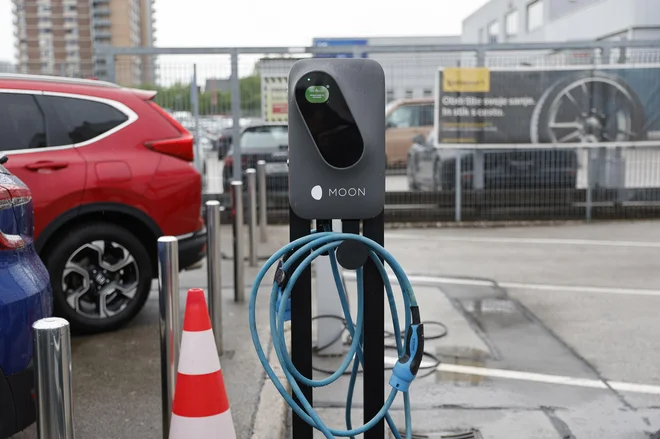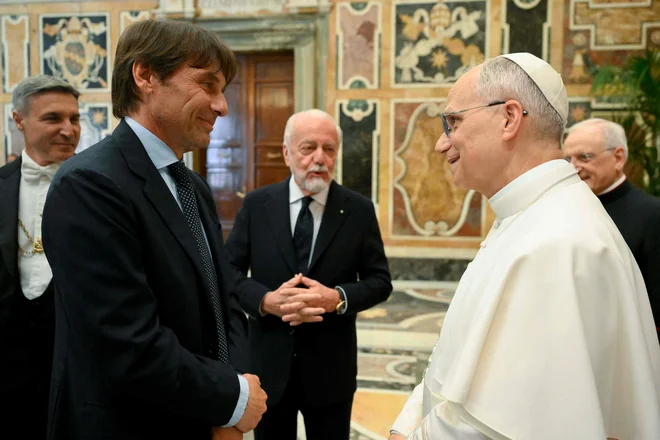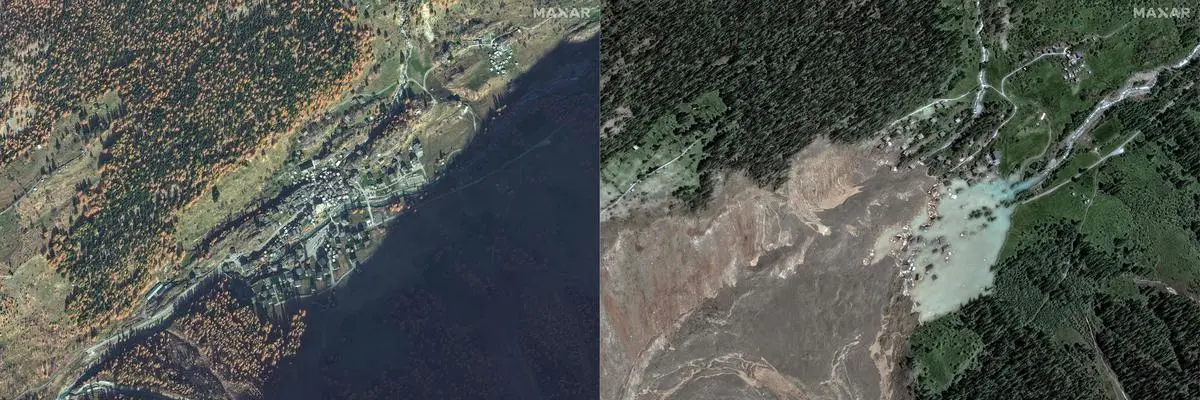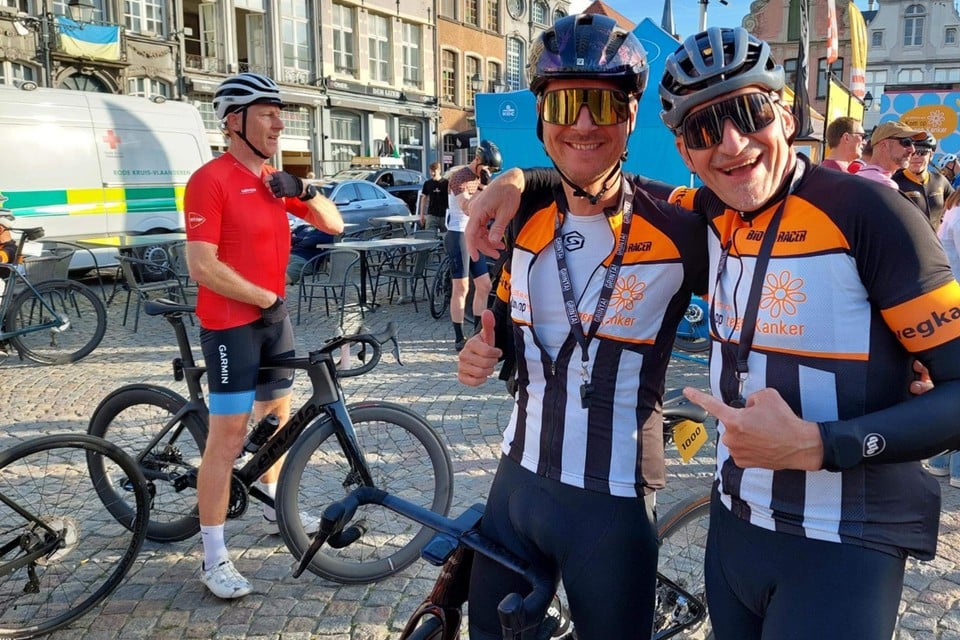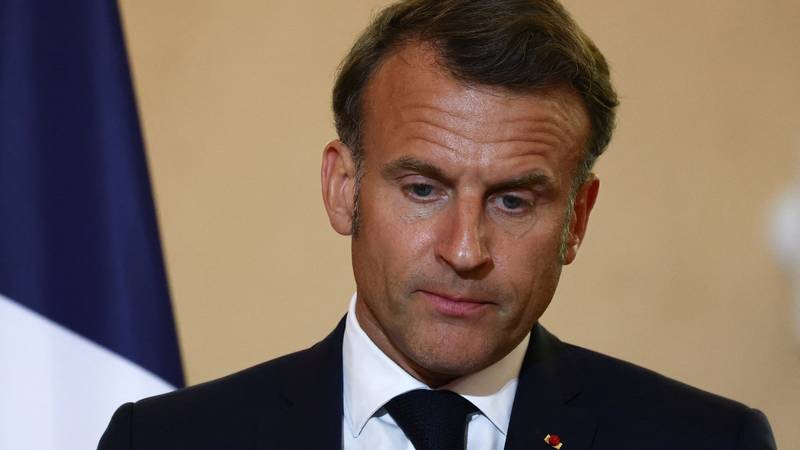Western powers are playing dirty games
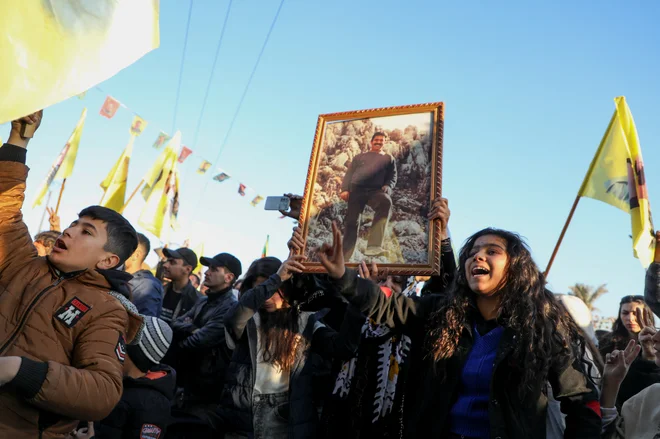
In his distinctive, critical style Slavoj Žižek in their own a recent online record He deals with what he calls the « dark period » of the modern world. Estimates that large media outlets by choosing words often « in a funny way mystification » the current events.
As an example cites recently US decision to accept 59 Buras from South Africa under the pretext of fleeing there from the genocide while, after Žižko’s words« The actual extensive genocide in Gaza qualifies as (perhaps exaggerated) self -defense of Israel. » In such an atmosphere, as he points out, « signs that give hope more valuable than ever before«.
According to Žižek, one such key events that gives hope is the unanimous decision of the PKK of May 12 to follow the advice of its leader Abdullah Öcalanwhich has been in Turkish prison for over two decades, and triggers the process of complete dissolution of the organization. Žižek outlines the Historical Lok PKK, founded in 1978, which was decades involved in asymmetric warfare in Kurdish-Turkish conflict. It highlights a significant shift in the 1990s, when PKK exchanged the original objective of the independent Kurdish state for efforts for autonomy and greater political and cultural rights of Kurds within Turkey.
Abdullah Öcalan has been in Turkish prison for over two decades. Photo: Orhan Qereman/Reuters
According to Žižko, PKK has not only approached a peaceful solution in recent decades; In prison, Öcalan himself is supposed to develop intellectually, deepened into issues of feminism and philosophy, making PKK a movement that is « completely part of the modern left ».
Iranian protests as a model of united struggle
The effects of this Kurdish diversion associate Žižek with protests in Iran in 2022 triggered after death Mahse aminiyoung Kurdinje. He refers to these protests as « world -historically relevant », as he believed they have combined various struggles – against the suppression of women, religious repression, political freedom and against national terror – in « organic unity ».
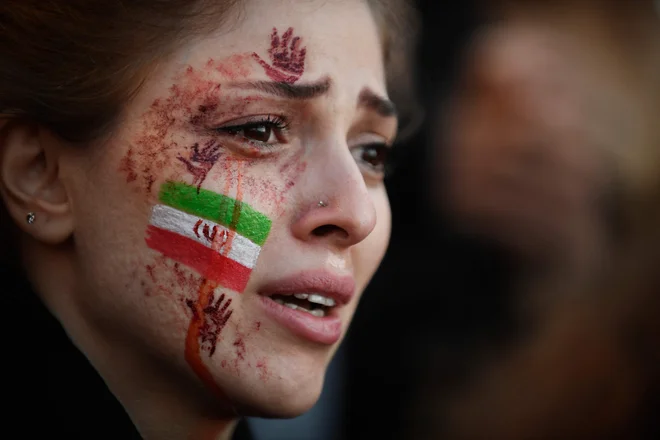
The effects of this Kurdish diversion associate Žižek with protests in Iran in 2022, triggered after the death of Mahse Amini, a young Kurdin. Photo: Julien de Rosa/AFP
Žižek drags parallels and differences with western feminist movements; Iranian protests in which men and women participated in a united manner avoiding « Western Middle -Grade Feminism » by direct integration of the struggle for women’s rights with the fight against ethnic suppression, religious fundamentalism and national terror. In his opinion, solidarity with Kurds in Iran is recognized as key to achieving the freedom of all.
The contextualization of armed resistance
With regard to the allegations of the violent past, PKK Žižek argues that armed resistance is often a necessary initial step in order to be seriously considered at all in later peace negotiations.
He claims that « if you want them to take you seriously, you have to start a threat to violent resistance. » The success of peaceful solutions, such as the rise of the African National Congress (AnC) in South Africa and Movement Martina Luther King In the US, he also attributes the fear of the ruling structures to the possible escalation of violence on the side of the more radical wings of these movements.
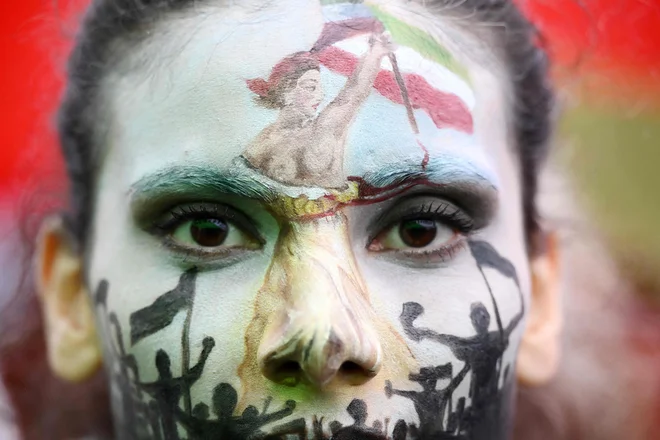
With regard to the allegations of the violent past, PKK Žižek argues that armed resistance is often a necessary initial step in order to be seriously considered at all in later peace negotiations. Photo: Stefano Rellandini/AFP
Thus, the « threat of an armed struggle » should be enrolled in the very result of successful negotiations.
Deconstruct stereotypes and kurdish reality
Žižek critically addresses the western stereotypes of Kurds as a « almost cartoon barbaric nation », which is supposed to be marked by brutal tribal warfare, naive honor and superstition. This cliche countered its experience from Turkey, where, according to his observations, the Kurdish minority is « the most modern and secular part of society, on the distance from any religious fundamentalism, with developed feminism. » In doing so, he rejects the statement of the US President Donald Trumpthat « Kurds are not angels, » adding that they may be the only angels in the region – not Israel and Saudi Arabia, as Trump thinks.
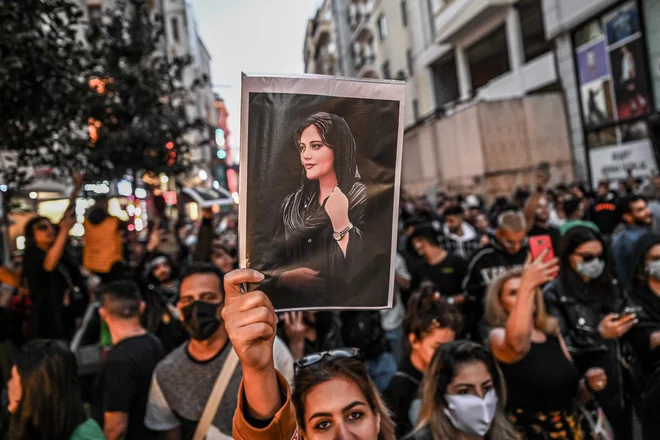
Žižek critically addresses the western stereotypes of Kurds as a « almost cartoon barbaric nation », which is supposed to be marked by brutal tribal warfare, naive honor and superstition. Photo: Ozan pieces/AFP
He portrays Kurds as « exemplary victims of geopolitical colonial games », divided between four countries whose legitimate desire for autonomy was in the interest of none of the regional or global forces. She reminds of Sadam’s use of chemical weapons against the Kurds and the complex role of Turkey during the rise of the Islamic State (ISIS), when Ankara was officially involved in the fight against Isis, but in fact, her operations were often targeted by Kurds, who were among the most effective fighters against this terrorist group. It particularly highlights the role of Kurdish women Bork, Pesmerg.
As a proof of the abilities of the Kurds for self -organization, he cites an example of the Kurdish autonomous region in northern Iraq, which developed after Saddam’s fall into a relatively stable and functioning entity. It further highlights the Kurdish ENCLAVA Rožava in northern Syria, describing it as « a unique place in today’s geopolitical confusion » and « actually existing and well -functioning drowning », which emerged when the Kurds got the opportunity for a freedom of more. He also mentions the « flowering intellectual community » there.
Appeal to solidarity and criticism of the western left
Žižek does not skip with criticism at the expense of the Western Left, who allegedly criticized the Kurdom tactical reliance on US military support. He asks what alternatives the Kurds had, trapped in the complex interplay of the interests of Turkey, Syria, Iraq and Iran, and whether they should « sacrifice themselves on the altar of anti -imperialist solidarity. »
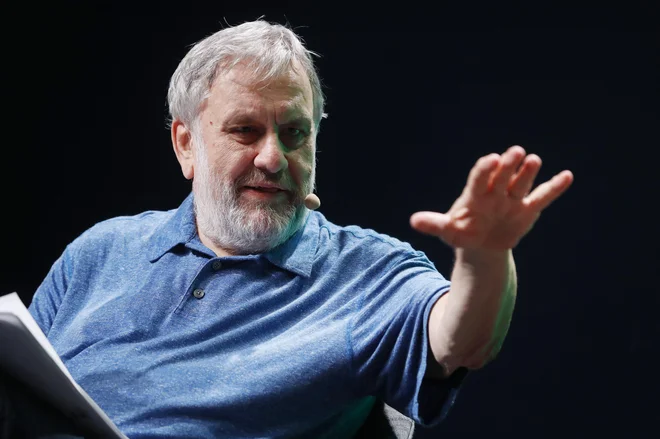
Žižek does not jump with criticism at the expense of the work of the western Left. Photo: Leon Vidic/Work
From this, his central call for « full support for the resistance of the Kurds » comes from and to the consistent condemnation of « dirty games played by Western forces ». According to him, the fight of Kurds is not only a struggle for their rights, but a struggle for the future global order and for the preservation of the « most valuable part of the European legacy of emancipation ». It warns that if Kurell leaves their fate, Europe will betray its own fundamental values and become « real Europastan ».
Öcalan as Mandela: A symbol of peace initiative
Comparison of Abdullah Öcalan with Nelson Mandelo It serves Žižko as a central metaphor for emphasizing the weight and meaning of Öcalan’s initiative for self -disclosure of PKK. He sees this act as « an authentic, courageous act of commitment to the fight for peace. » He also mentions alongside Öcalan Marwana Barghouti As a « Palestinian Mandelo », who has also been spending decades in an Israeli prison.
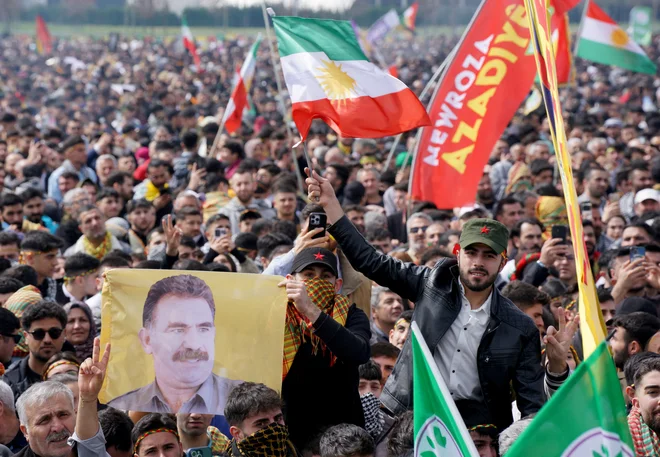
The comparison of Abdullah Öcalan with Nelson Mandela serves Žižek as a central metaphor for emphasizing weight and the importance of Öcalan’s initiative for PKK self -disclosure. Photo: Tolga Uluturk/Reuters
The success of Öcalan’s initiative, according to Žižek’s belief, depends on the response of the Turkish government-whether it will be ready for « sincere counter-gesto ». He therefore concludes by calling for urgent and strong international pressure on Turkey to recognize and positively respond to the offered Kurd’s hand.


